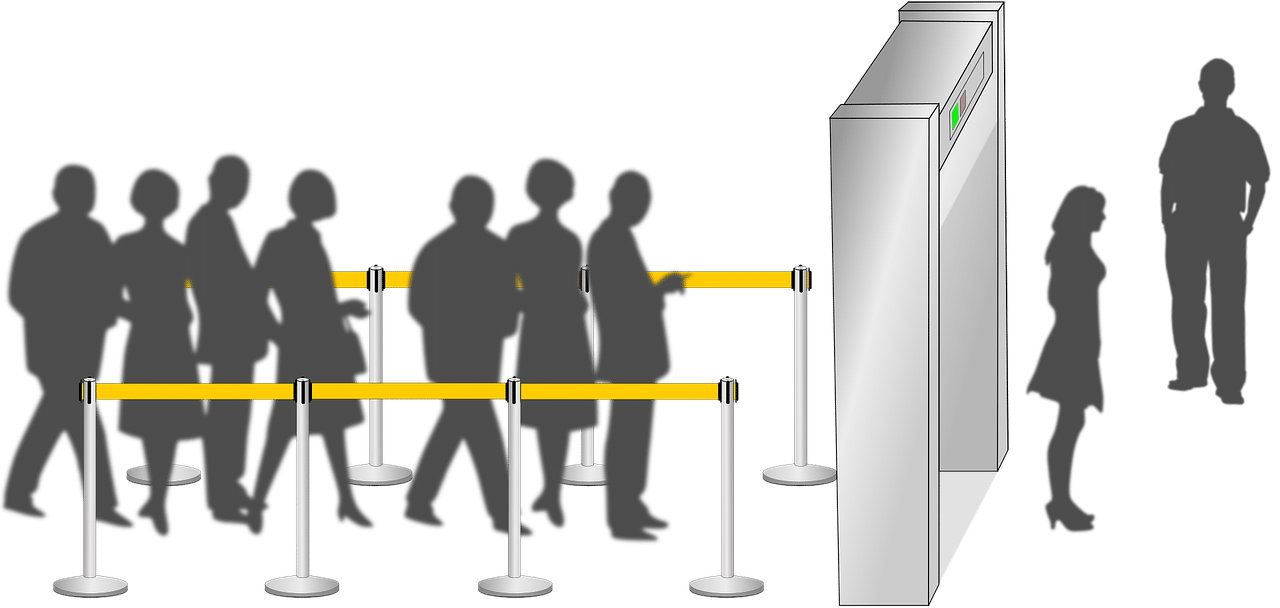
A detector is a device that allows you to find or discover something that was not visible or obvious.
Detector is one or that which has the ability to detect . This verb , for its part, refers to noticing the presence of something that, for various reasons, was not evident.
The most common use of the notion is associated with certain machines that can capture some phenomenon, usually dangerous. In this way, when the detector discovers what it has been instructed to detect in its programming, it emits some type of alert or signal , giving notice of the detection.
Different types of detectors
An example of a detector is the smoke detector , which is able to recognize the existence of smoke in an environment. Since smoke is a sign of a possible fire, these detectors serve as a safety mechanism: they detect smoke, emit an audible signal (alarm) and inform people that a room could be on fire.
The metal detector , for its part, is aimed at detecting metal pieces. This allows you to discover weapons that some subjects may hide in their clothing or luggage. These detectors, however, are also used in mining and archeology to search for certain materials or objects.
Counterfeit bill detectors are responsible for analyzing the composition of money to confirm its authenticity. These devices usually combine infrared and magnetic tools to warn if a bill has all the official security mechanisms or if it is a counterfeit.
The lie detector , the motion or intruder detector and the gas detector are other devices that have the purpose of detecting a certain phenomenon .

Many detectors are used for security purposes.
The polygraph
Also known as a polygraph or truth machine , the lie detector is an instrument that is used to measure a series of physiological responses and help its operators analyze the degree of truthfulness of the person being evaluated. In general, it keeps a record of the variations in heart rate, blood pressure and respiratory rate, as well as skin conductance and galvanic response, that arise when the questions that make up the questionnaire are formulated. proof.
The story goes that its inventor was Leonarde Keeler and that he found this revolutionary device in 1938 , a time when he was working for the Berkeley Police Department , in California . The first lie detector had three channels and returned test results on paper.
Although television feeds the idea of the supposed effectiveness of the lie detector, in reality there are a large number of detractors, who are based on its lack of accuracy and the ease with which a trained person can circumvent its system . On the other hand, those who defend it affirm that there is a direct and infallible relationship between the stimulus and the series of reactions that the human body presents when answering a question, and that each emotion has a very defined psychophysiological spectrum.
Science, for its part, has not been able to demonstrate that the same emotion always arises from the same stimulus, nor that the responses that emotions produce in the body can be measured.
One of the most negative aspects of the lie detector is that, given the degree of anxiety to which people evaluated must be subjected many times, it is not uncommon for it to issue false results , which tarnish the reputation of an innocent person just because the nerves have done so. betrayed There are many sources that give their readers advice on how to cheat the polygraph , very useful to reassure those who have nothing to hide and are afraid of failing the test, but dangerous if they fall into the hands of a criminal .
